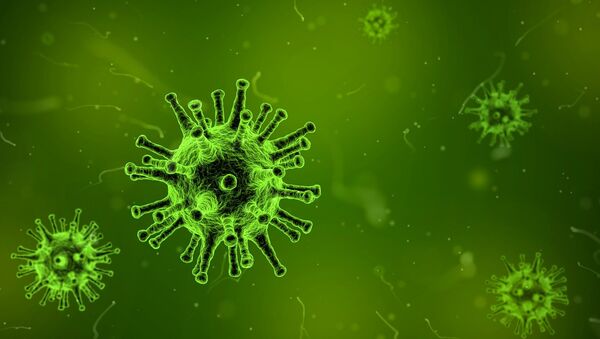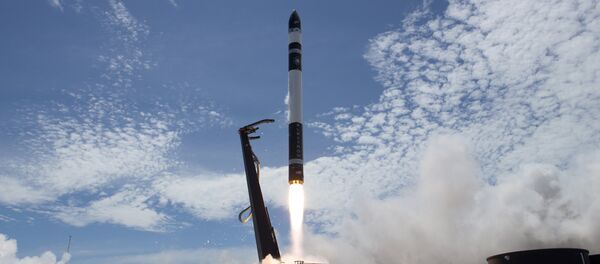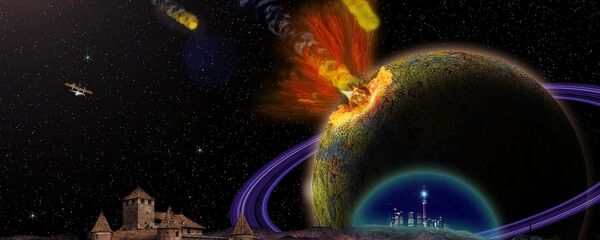In the continuous hunt for alien life, humans have previously been searching for microorganisms such as bacteria. In their new study published in the science journal Astrobiology, a team of specialists from the United States and Japan suggests exploring another possibility. Considering how productive and successful viruses are on Earth, scientists call for the research of these biological entities in outer space.
Researchers insisted that space agencies should not only start looking for viruses in liquid samples from the moons of Saturn and Jupiter, but evolve techniques to detect them as well.
"Unfortunately, the lack of validated virus biosignatures makes detection of extraterrestrial viruses challenging," said Kenneth Stedman from Portland State University study, who led the study. "We need to further develop current tools, either put [a transmission electron microscope] on a spacecraft or develop other microscopic technologies that can detect molecules, not just atoms at nanometer resolution," he added.
"With this review, we hope to inspire integration of virus research into astrobiology and also point out pressing unanswered questions in astrovirology, particularly regarding the detection of virus biosignatures and whether viruses could be spread extraterrestrially," they wrote in their article.



